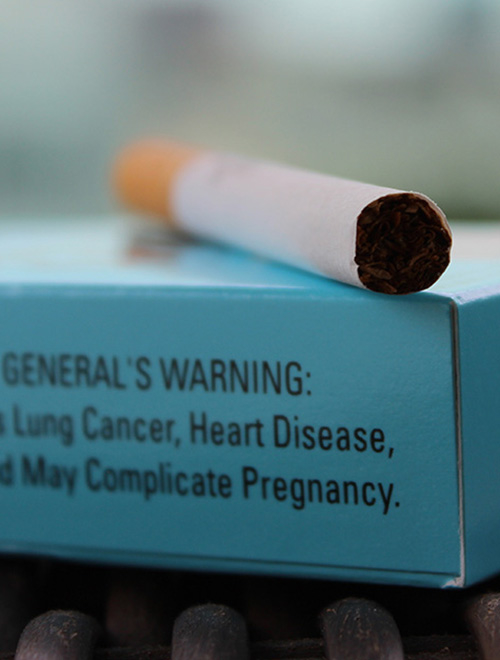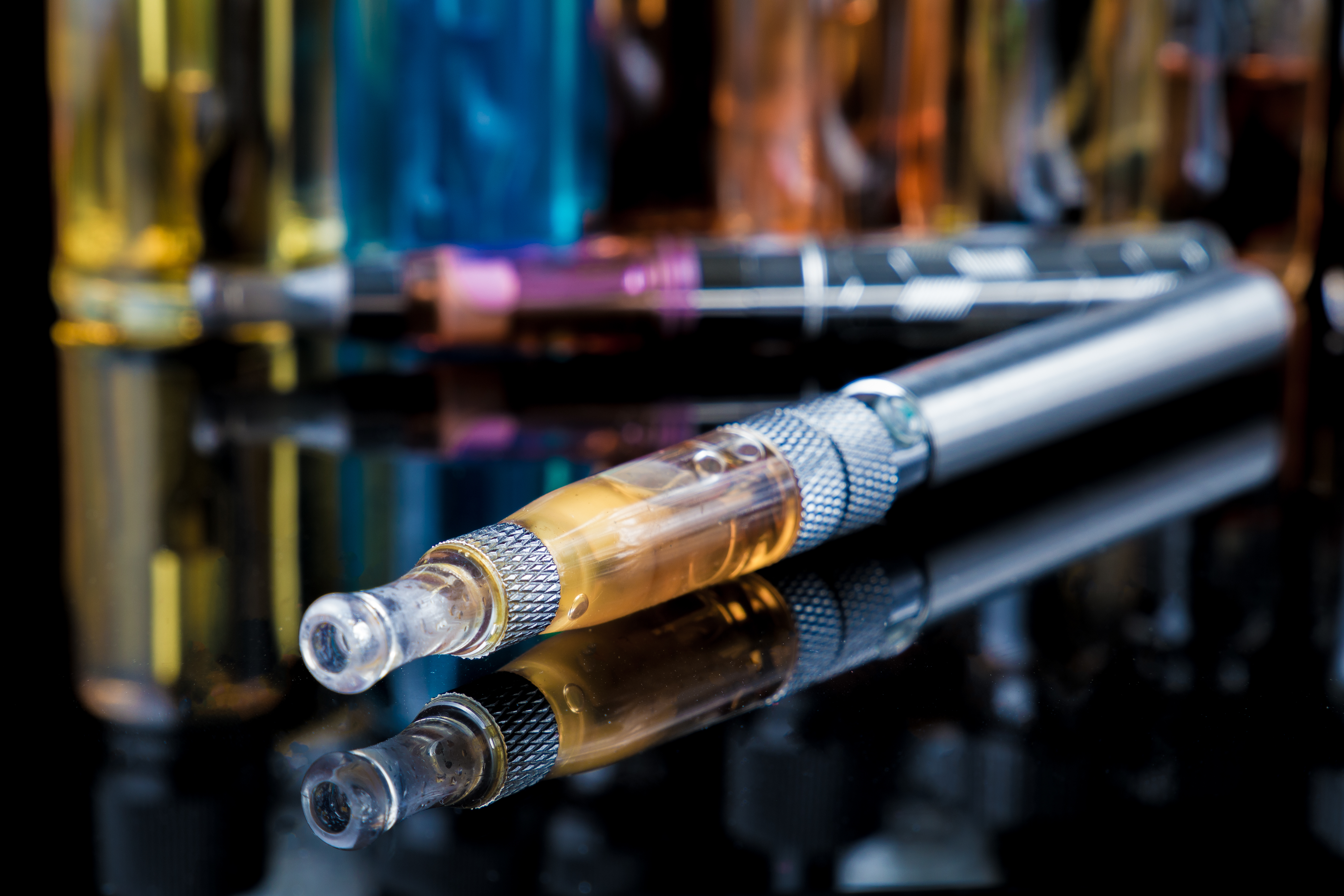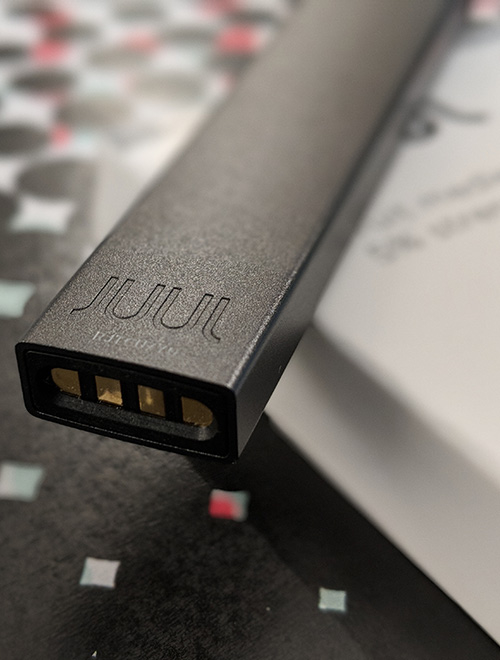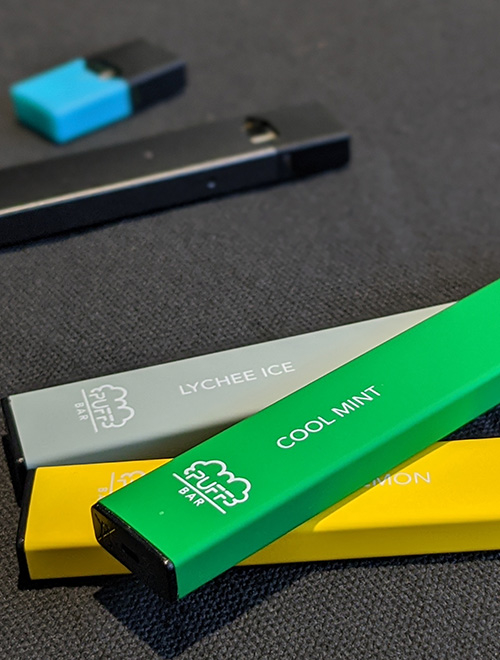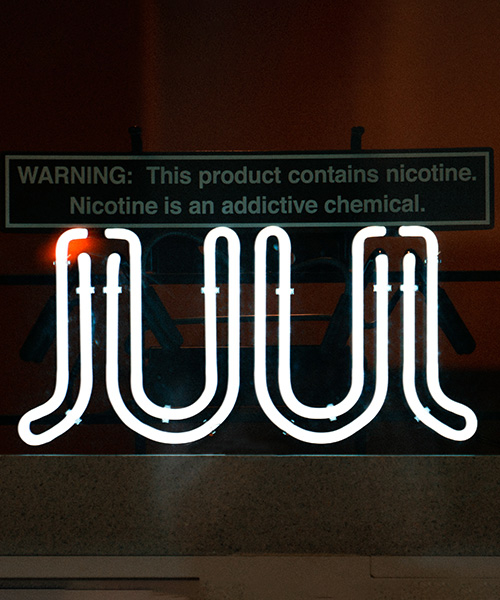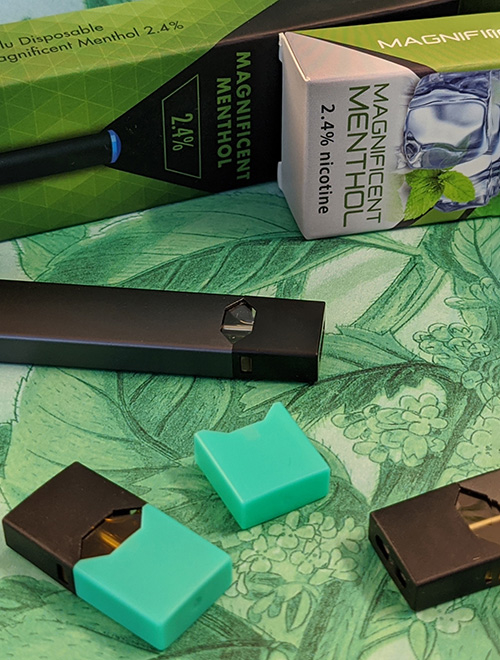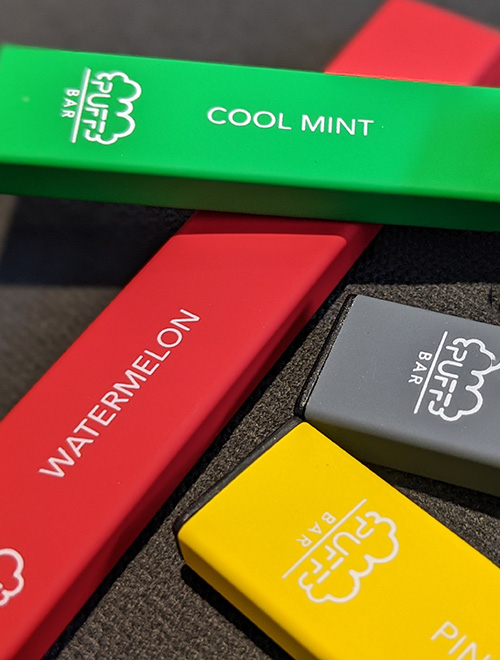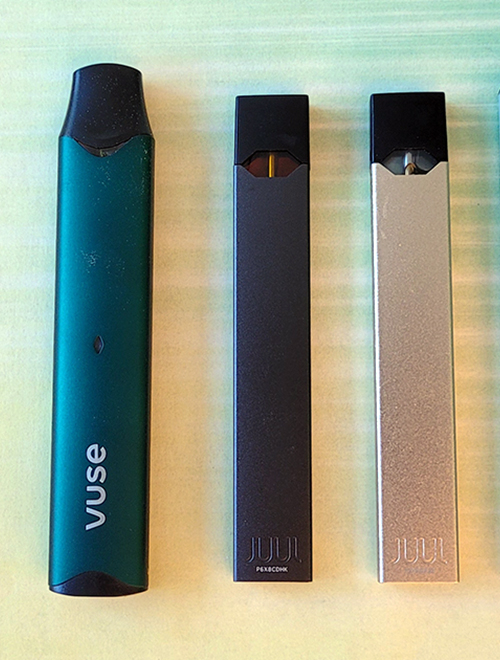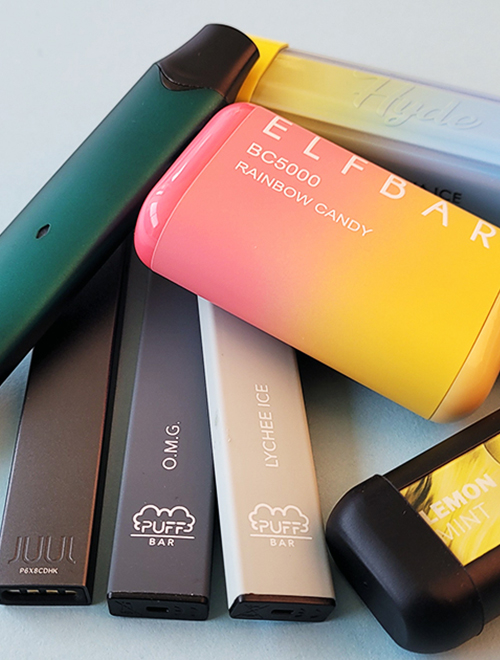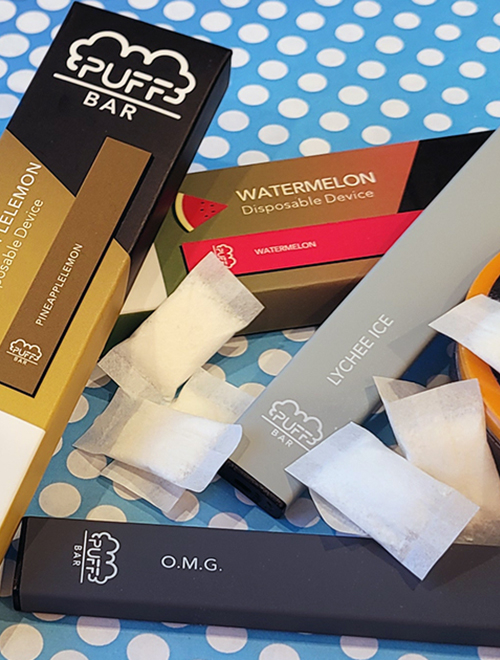Dangerous delays: The failure to regulate e-cigarettes
E-cigarettes have been allowed to stay on the market for years without undergoing a full review of their public health impact, sparking a sustained and ongoing epidemic of youth use.
Want support quitting? Join EX Program
By clicking JOIN, you agree to the Terms, Text Message Terms and Privacy Policy.
Msg&Data rates may apply; msgs are automated.

